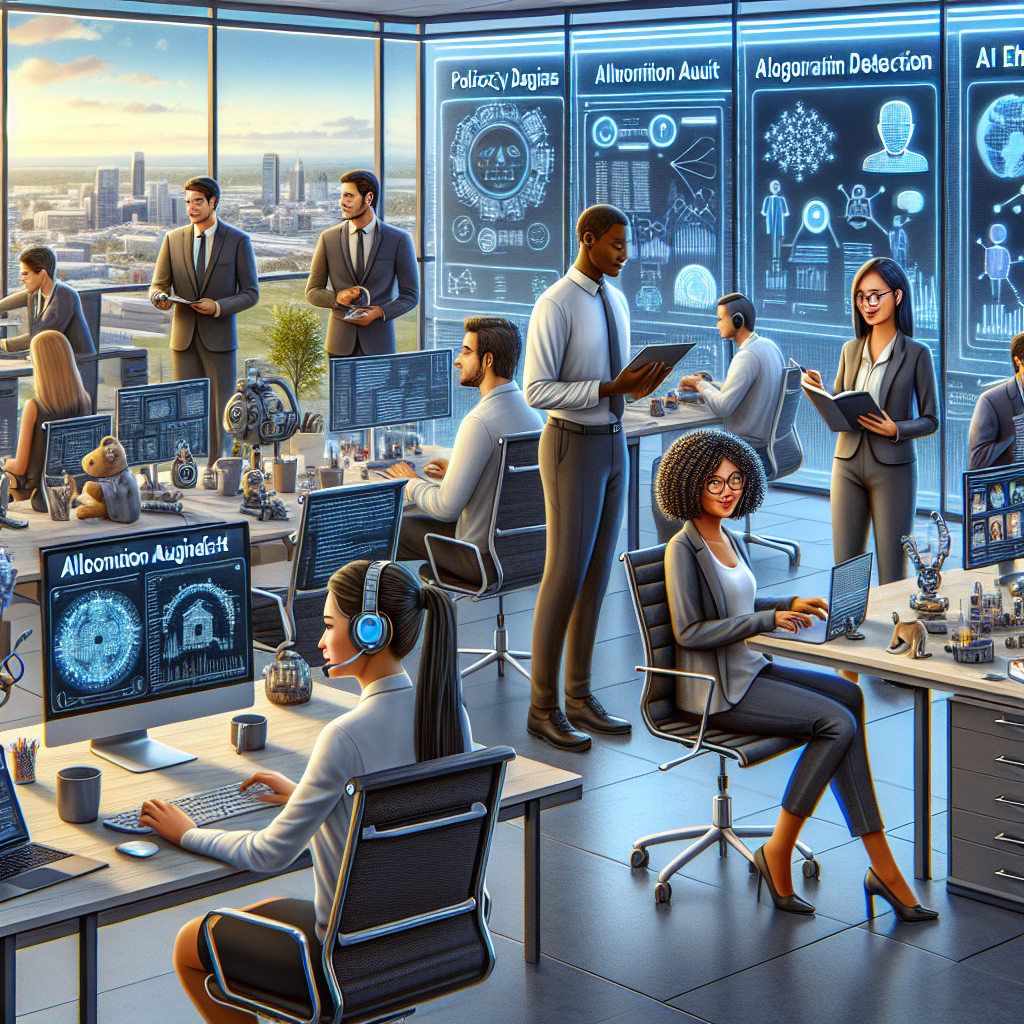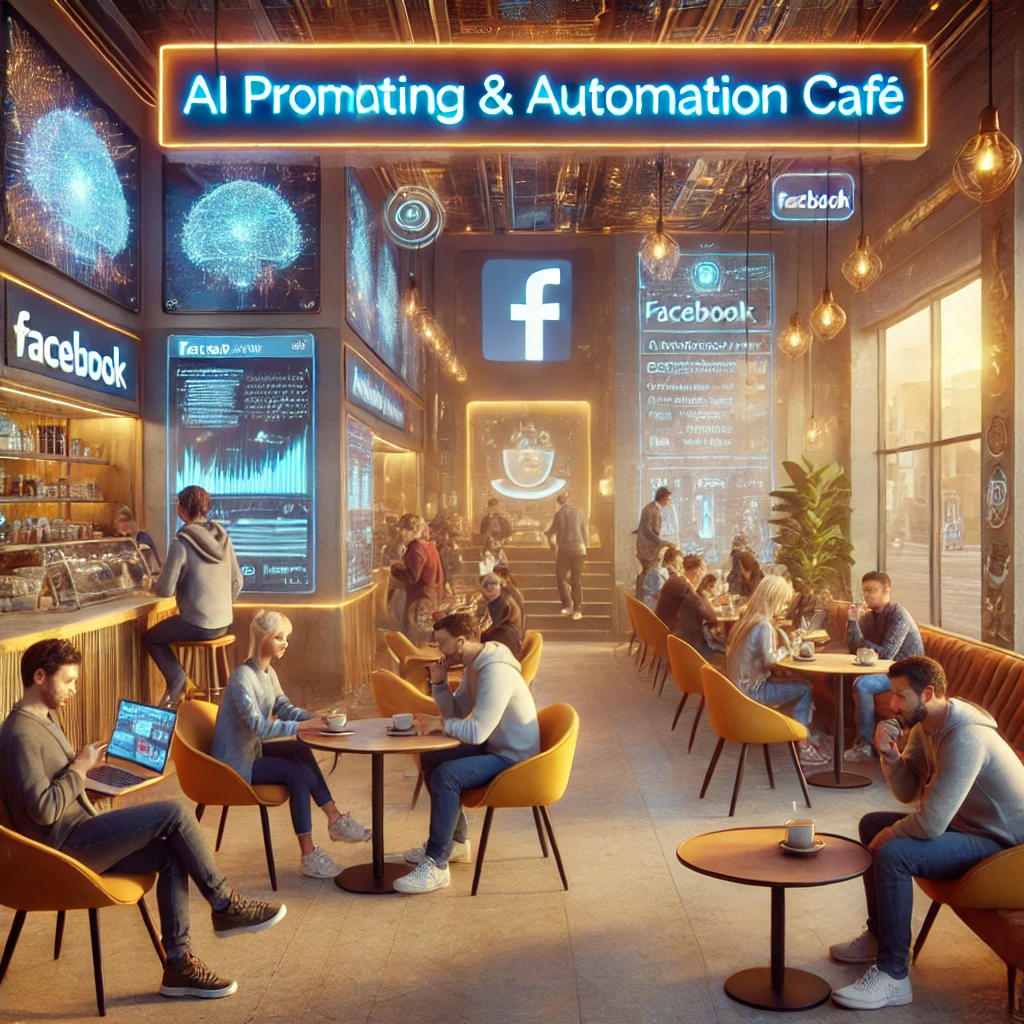The Evolving Job Landscape in the Age of AI
The rapid rise of artificial intelligence (AI) is not just transforming industries—it’s actively reshaping the global employment market. As businesses race to harness the capabilities of AI, entirely new job roles are emerging, demanding hybrid skillsets that blend technology, creativity, strategy, and human oversight.
By 2025, AI will be less of a futuristic buzzword and more of a central pillar across sectors like healthcare, education, manufacturing, marketing, and finance. With this shift, professionals will find both exciting opportunities and the necessity to upskill.
Here’s a deep dive into the top 7 AI-driven job roles to watch in 2025, roles that will drive innovation and require a blend of technical proficiency, emotional intelligence, and domain expertise.
1. AI Ethicist
As AI grows more powerful, the demand for ethical oversight becomes critical. AI systems are increasingly involved in life-altering decisions, such as healthcare diagnostics, credit approvals, and recruitment. This has created a new and important role: the AI Ethicist.
Key Responsibilities:
- Ensure algorithms are fair, unbiased, and transparent
- Evaluate AI models for societal and environmental impact
- Develop ethical frameworks and policy guidelines for AI implementation
- Collaborate with data scientists, product teams, and legal departments
Required Skills: A strong background in philosophy, law, and technology with knowledge of machine learning (ML) logic.
2. Prompt Engineer
Generative AI models like OpenAI’s GPT-4 and DALL·E have surged in popularity and versatility. However, to truly unlock their power, skilled prompt engineers are crucial. This role involves crafting high-quality inputs or “prompts” that AI systems can use to generate accurate and useful outputs.
Key Responsibilities:
- Design effective prompts to guide AI-generated content
- Test and iterate prompt strategies to optimize accuracy
- Work closely with product developers and content creators
- Identify and minimize hallucinations or irrelevant outputs from genAI systems
Required Skills: Strong language proficiency, creative thinking, and an understanding of how AI models process context.
3. AI Business Integration Specialist
Bridging the gap between technical AI teams and business stakeholders is the primary function of an AI Business Integration Specialist. As companies invest in AI, they need professionals who can align AI applications with strategic goals.
Key Responsibilities:
- Translate business needs into AI project requirements
- Evaluate the ROI of deploying AI tools across departments
- Coordinate implementation, training, and change management
- Ensure interdisciplinary collaboration between data scientists and business units
Required Skills: Business analysis, project management, and foundational AI literacy.
4. Chatbot and Virtual Assistant Trainer
AI-powered conversational agents are becoming integral to customer service, HR portals, and digital marketing. However, behind each effective chatbot is a team responsible for “training” it using scripts, user queries, and linguistic nuances.
Key Responsibilities:
- Write and refine training dialogues
- Feed historical data to improve NLP model accuracy
- Train AI models to handle user sentiment and context accurately
- Continuously optimize chatbot performance based on customer feedback
Required Skills: Natural language processing, user psychology, UX writing, and analytics.
5. AI-Enhanced Cybersecurity Analyst
As cyberattacks become more sophisticated, traditional cybersecurity methods are falling short. AI-enabled tools can detect anomalies, predict threats, and offer real-time detection—but they need skilled professionals to operate and fine-tune them.
Key Responsibilities:
- Deploy and monitor AI-based security systems
- Analyze threat patterns and anomalies detected by AI tools
- Create AI models to simulate potential vulnerabilities
- Respond quickly to potential breaches using automated threat resolution protocols
Required Skills: Background in cybersecurity, network security tools, and a strong understanding of machine learning principles.
6. Digital Twin Engineer
A Digital Twin is a virtual replica of a physical system, process, or product used for simulation and optimization. With the arrival of AI-powered predictive analytics, Digital Twin Engineers are needed across industries such as manufacturing, real estate, and logistics.
Key Responsibilities:
- Create and maintain digital twins of complex systems
- Use real-time data to improve system efficiency and predict failures
- Integrate AI models into simulations for autonomous decision-making
- Support engineers in testing new workflows and concepts without physical prototypes
Required Skills: Background in systems engineering, IoT, simulation software, and AI/ML modeling.
7. AI-Assisted Healthcare Technician
AI is revolutionizing the healthcare industry—from diagnosing diseases to predicting patient outcomes. The role of AI-Assisted Healthcare Technicians is to oversee, operate, and improve these AI-enabled diagnostic systems.
Key Responsibilities:
- Operate AI-powered diagnostic and imaging tools
- Assist doctors by interpreting AI recommendations and results
- Ensure data accuracy and patient data integrity in AI workflows
- Train hospital staff to effectively use AI tools
Required Skills: Healthcare experience, familiarity with diagnostic software, and a working knowledge of AI methodologies.
The Bigger Picture: Opportunities & Challenges
The advancement of AI is not eliminating human jobs but augmenting them. These emerging roles highlight the shift towards human-AI collaboration rather than replacement. It’s no longer sufficient to specialize solely in tech or in business—you must understand how to bridge both worlds.
That said, the transition will not be without challenges:
- Reskilling and Upskilling: Workers must perpetually learn to stay relevant in the AI-driven workplace
- AI Literacy: A foundational understanding of how AI works will become essential across disciplines
- Regulatory Hurdles: New roles like AI Ethicists will play a crucial part in defining legal and ethical boundaries
Industry leaders, educational institutions, and government bodies are urged to proactively invest in skill development and policy frameworks to prepare the workforce for this AI-enabled future.
How to Prepare for These Emerging Roles
If you’re a student, young professional, or transitioning careerist, here’s how you could get started:
- Learn the fundamentals of AI & ML: Explore courses on platforms like Coursera, edX, and Udacity
- Gain interdisciplinary knowledge: Combine your domain expertise (healthcare, finance, marketing) with AI tools relevant to the field
- Join AI communities & forums: Platforms like GitHub, Kaggle, and AI conferences provide networking and mentorship opportunities
- Create a portfolio: Hands-on projects involving AI models, prompt engineering, or simulations significantly boost credibility
Whether you’re consulting a chatbot, optimizing medical imaging, or creating ethical AI policies, the AI-driven future is one that rewards both curiosity and adaptability.
Conclusion: Embrace the AI Revolution
By 2025, these seven job roles are set to lead the next wave of employment opportunities—and they’re only the tip of the iceberg. As AI continues to evolve, so will the nature of work. Professionals who embrace change, invest in skills, and prioritize ethical use of AI will find themselves not just employed—but indispensable.
The future isn’t about man versus machine; it’s about how we build a better world together—powered by AI and the uniquely human drive to innovate.






